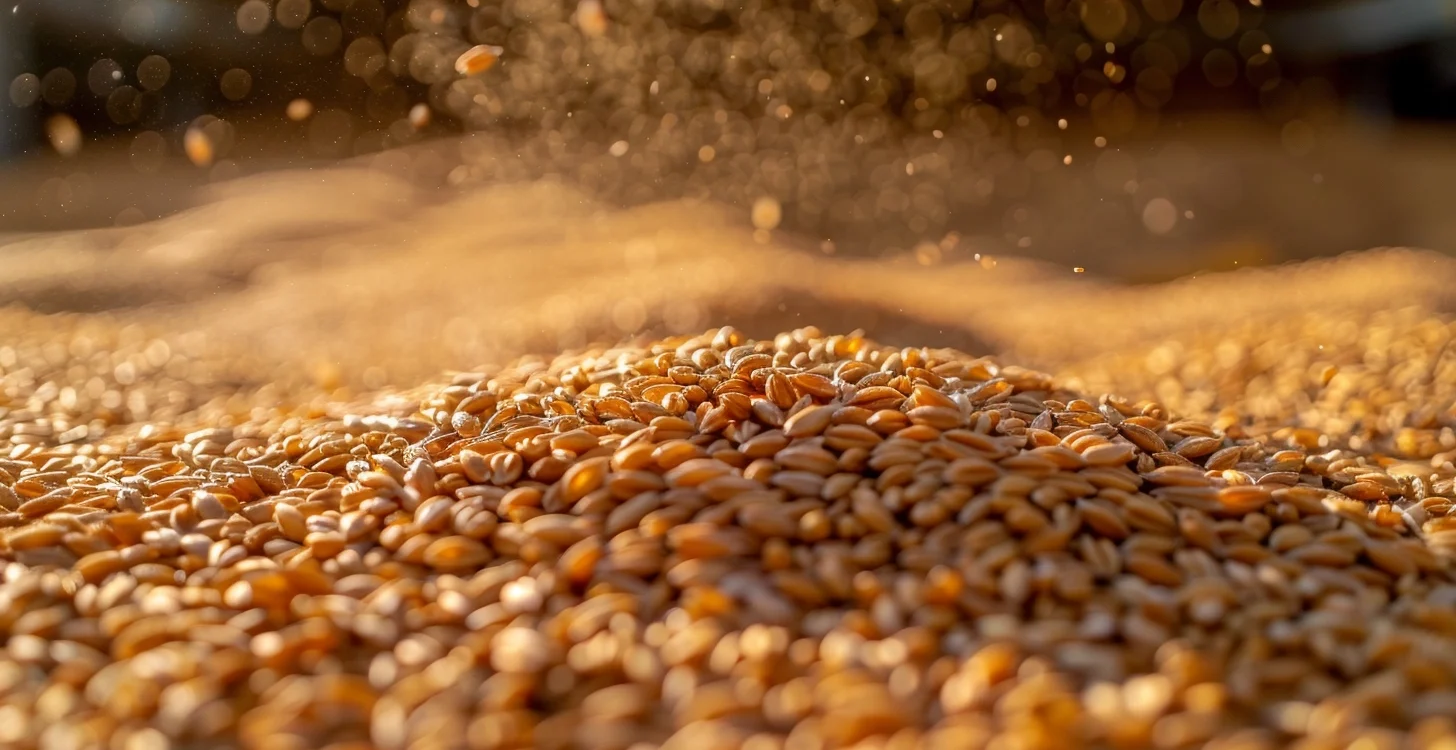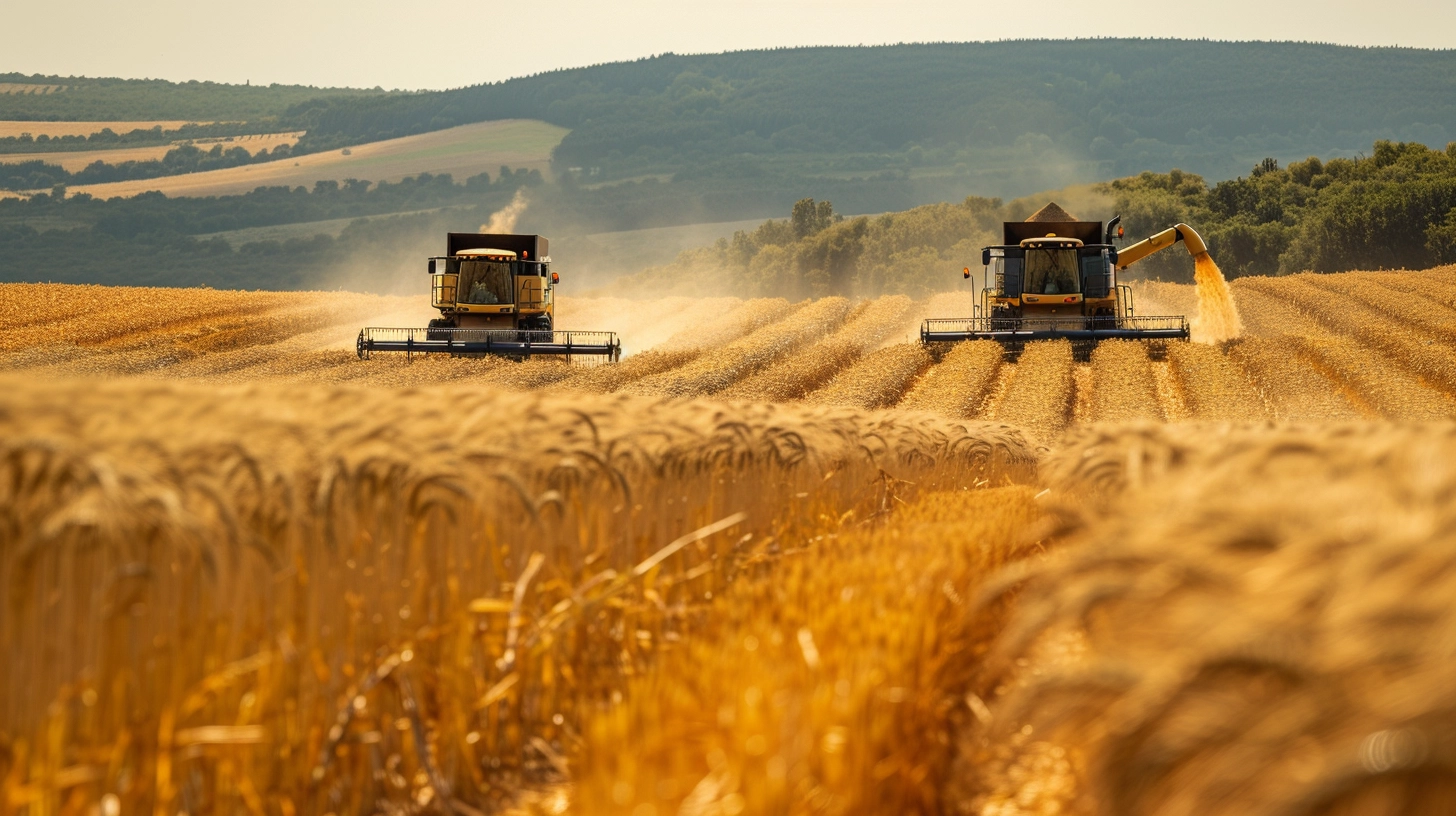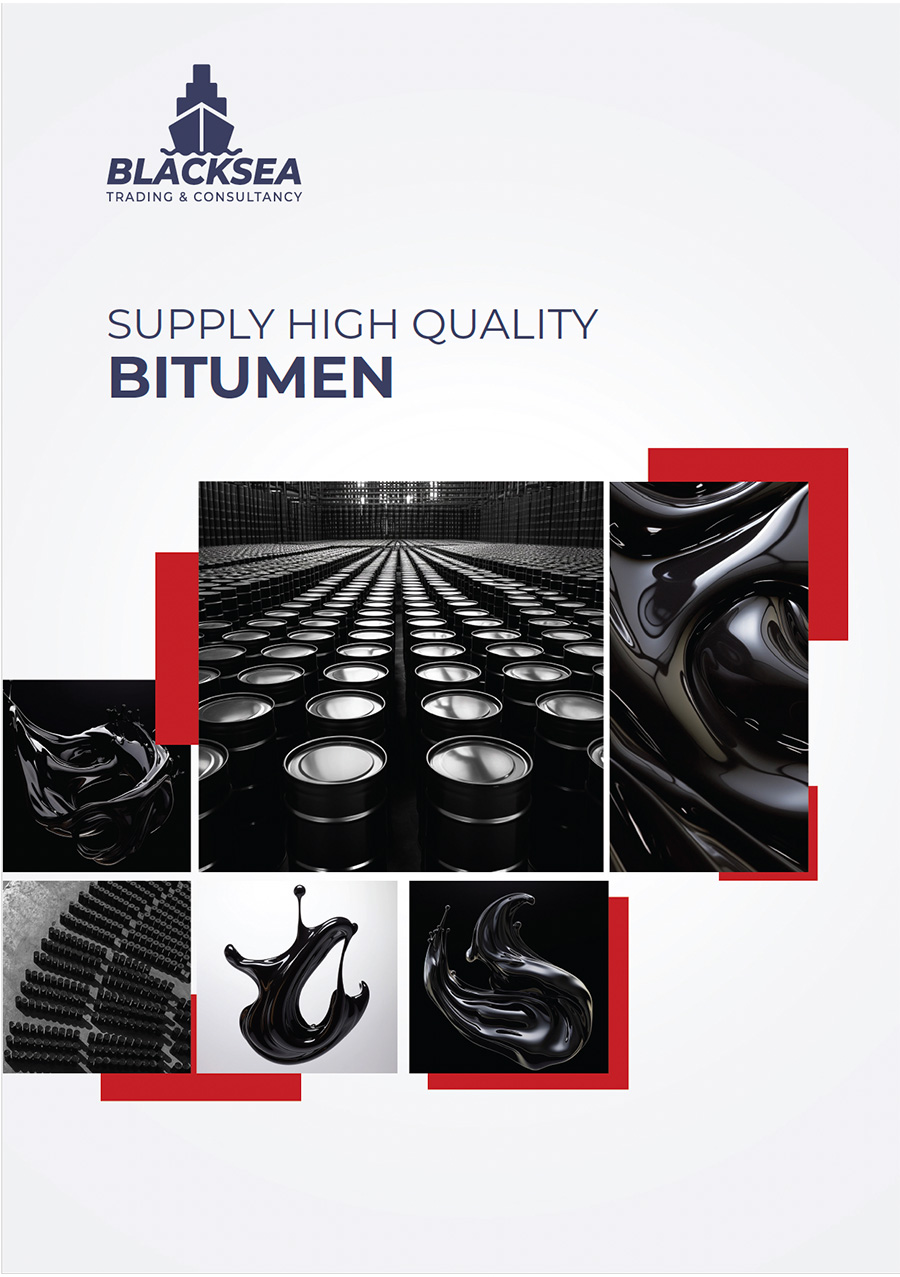What is wheat?
- Wheat is a type of cereal grass cultivated for its grain (or seed). These grains are then milled into flour used for a vast array of food products.
It’s a staple food for billions of people globally, providing substantial amounts of carbohydrates, protein, dietary fiber, and various vitamins and minerals.
Types of wheat
There are many different types of wheat, but some of the most common include:
- Common wheat: Used for bread making.
- Durum wheat: The hardest wheat variety, primarily used to make pasta.
- Spelt: An ancient grain gaining popularity due to its distinct flavor and nutrition profile.
- Club wheat: Soft wheat type often used for cakes and pastries.
Wheat Production and Uses
- Production: Wheat is one of the most widely grown crops, harvested on every continent except Antarctica. Top producers include China, India, Russia, the United States, and France.
- Uses:
- Food: Major ingredient in bread, pasta, noodles, baked goods, breakfast cereals, etc.
- Animal feed: Wheat bran and other byproducts are used for animal feed.
- Industrial Products: Wheat can be used in creating biofuels and other industrial products.
Wheat in Global Context
Wheat is not only a vital source of sustenance but also holds a significant position in global trade and economies. Understanding the different types of wheat, its nutritional composition, and how it’s processed provides invaluable insights into our food systems.
Absolutely! Here’s a breakdown of wheat trade, along with factors influencing it and where to find relevant information:
Global Wheat Trade
- Importance: Wheat is one of the most heavily traded agricultural commodities in the world. A robust trade network links wheat-producing countries with those heavily reliant on imports for food security.
- Top Exporters: Major wheat exporters include:
- Russia
- United States
- Canada
- Australia
- European Union (France in particular)
- Ukraine (although exports have been affected by the ongoing conflict)
- Top Importers: Biggest wheat importing nations often include:
- Egypt
- Indonesia
- Turkey
- Algeria
- China
- The Philippines
Factors Affecting Wheat Trade
- Production and Supply Shocks: Weather events (droughts, floods), disease outbreaks, or even conflicts can dramatically alter production in major exporting countries, leading to supply shortages and fluctuations in trade flows.
- Trade Policies: Export bans, tariffs, quotas, and trade agreements between nations heavily influence trade patterns and prices.
- Global Demand: Changes in population, dietary shifts, economic growth in developing countries, and the use of wheat for biofuels affect the overall demand for wheat imports.
- Logistics: Shipping costs, port infrastructure, and global supply chain disruptions impact the efficiency and cost of wheat trade.
- Currency Fluctuations: Exchange rates between the currencies of exporting and importing countries impact how competitive wheat is on the global market.
Finding Information About Wheat Trade
- USDA Foreign Agricultural Service (FAS): Offers reports and outlooks on wheat trade data: https://fas.usda.gov/data/grain-world-markets-and-trade
- International Grains Council (IGC): Their reports provide up-to-date information on wheat trade patterns: https://www.igc.int/en/default.aspx
- World Trade Organization (WTO) Data Portals: Look for trade statistics and potential trends impacting the wheat market: https://globaltradedata.wto.org/
- Trade Publications: Websites and news from organizations involved in grain and commodity trading provide insightful market analysis and news.
Key Points to Remember
- Wheat trade is dynamic and can rapidly change depending on supply, demand, and policy shifts.
- Trade benefits global food security by balancing areas of wheat surplus with those lacking sufficient production.
FOOD GRADE WHEAT
SPECIFICATION
| TEST | SPECIFICATION | ACTUAL RESULT | METHOD |
|---|---|---|---|
| PROTEIN (Nx 5.7), on dry basis % | min. 11.5 % | 12.00 | ISO 20483 |
| MOISTURE, % | max. 14.0 % | 11.97 | ISO 712 |
| TEST WEIGHT, kg/hl | min 78 kg/hl | 78.00 | ISO 7971/3 |
| FALLING NUMBER, sec | min 220 sec. | 402 | ISO3093 |
| WET GLUTEN, % | min. 28 % | 29.80 | ISO 21415.1 |
| FOREIGN MATTER | max. 2 % | 1.94 | EN 16378 |
| BUG DAMAGE, % | max. 2 % | 0.60 | EN 15587 |
| TEST | SPECIFICATION | ACTUAL RESULT | METHOD |
|---|---|---|---|
| Deformation energy, W, 10-4J | min. 180 | 207 | ISO 27971 |

Why Choose BLACKSEA TRADING COMPANY?
Quality Assurance: We ensure the highest quality standards for all our products, delivering reliability and excellence.
Competitive Pricing: Our commitment to fair and reasonable pricing ensures you get the best value for your investment.
Reliable Supply: Count on us for consistent and timely deliveries, maintaining seamless operations for your business.
Exceptional Service: Our team is dedicated to providing outstanding service, addressing your inquiries promptly and effectively.
Take this opportunity to optimize your sourcing strategy and benefit from our premium offerings. Please reach out to us at info@black-sea.com.tr to discuss your specific requirements or to place an order. We’re here to assist you in every step of the process.
We look forward to continuing our successful collaboration.









